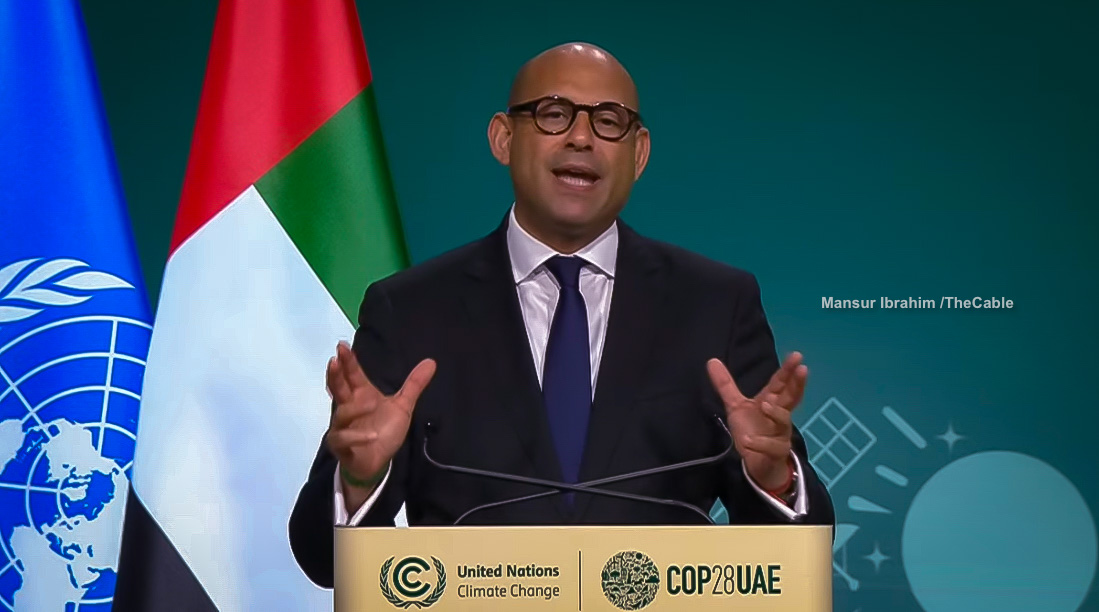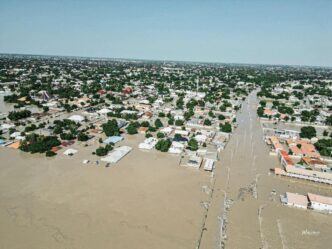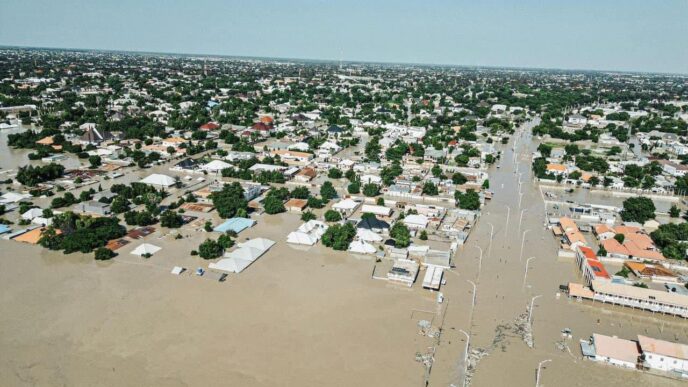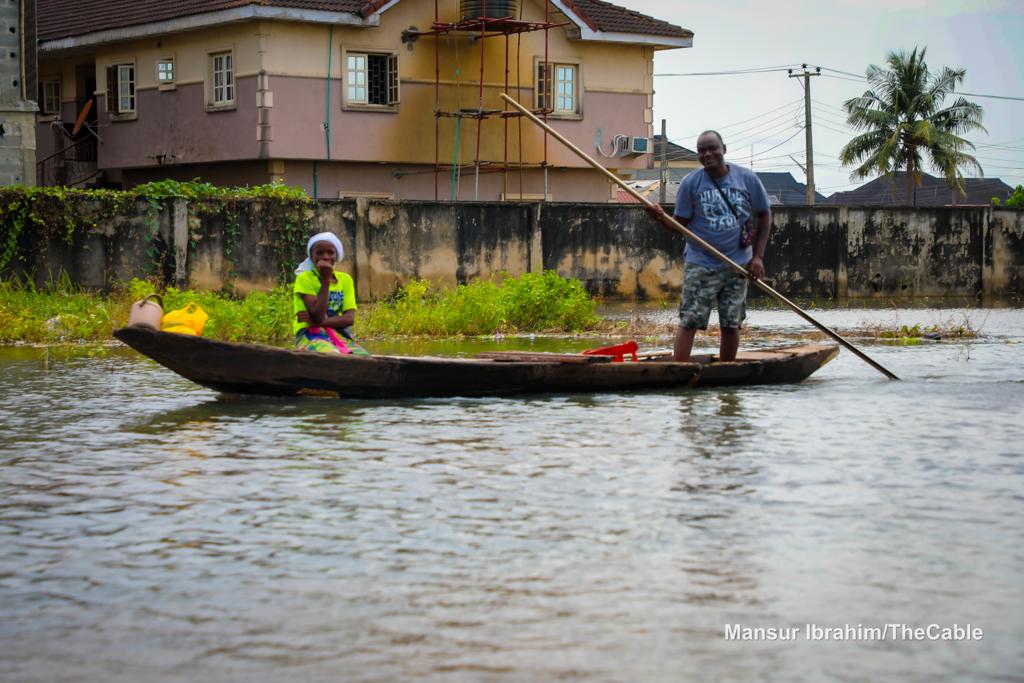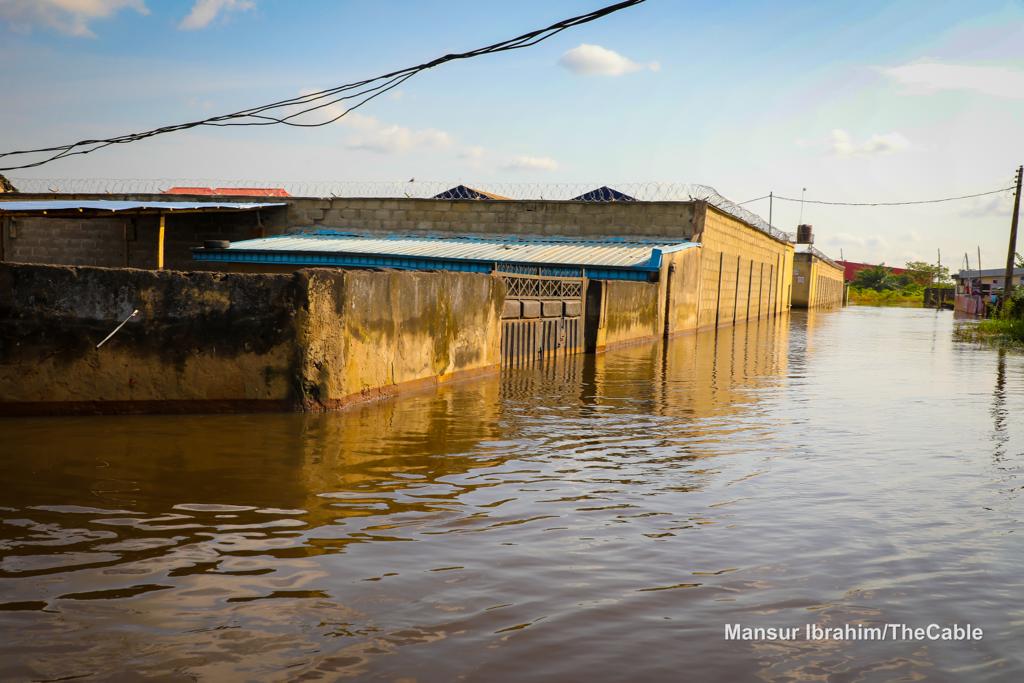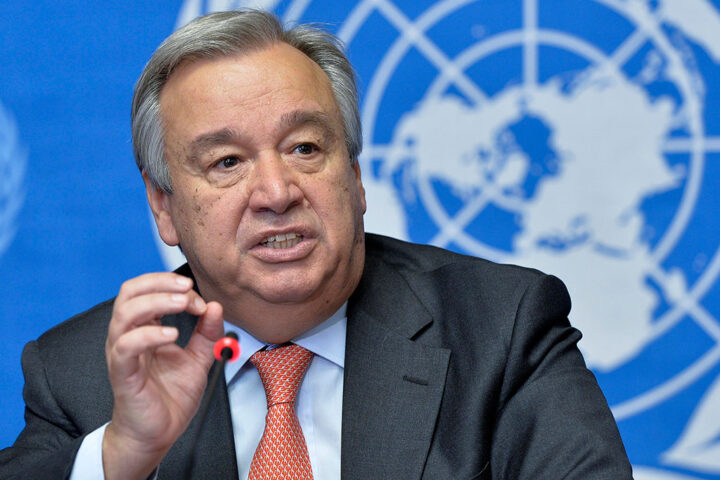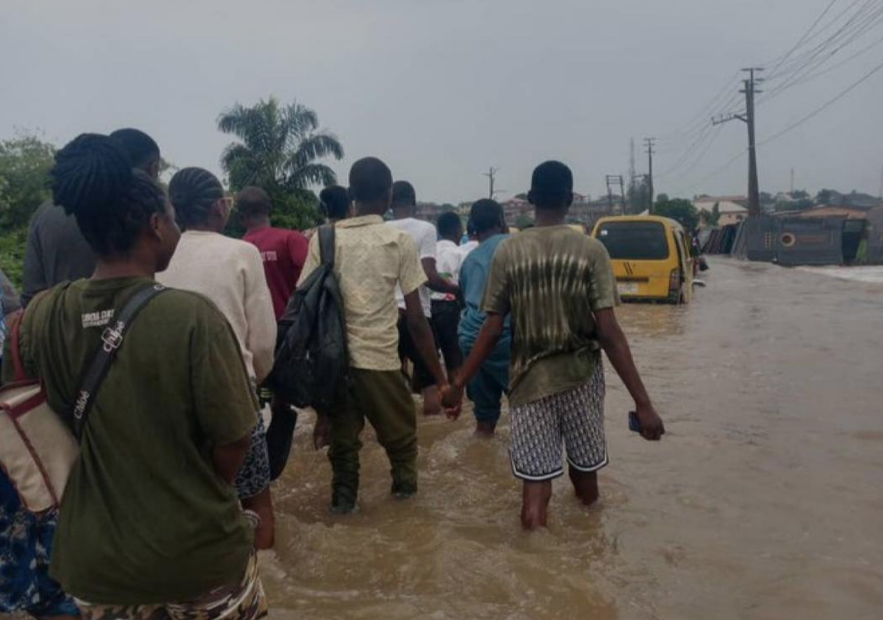Simon Stiell, the United Nations executive secretary
Despite directly impacting our communities, health, and livelihoods, climate-related reports usually take a back seat to dominant news beats like politics and business.
Climate Watch aims to ensure you never miss important stories on climate change and actions being taken to limit its impact.
Here is a round-up of last week’s climate stories:
- The World Health Organisation (WHO) on September 3 released its first-ever guidance on wastewater and solid waste management for manufacturing antibiotics. The global health body said the new guidance aims to curb the challenge of antimicrobial resistance (AMR). AMR is driven by the misuse and overuse of antimicrobials. The WHO said the guidance will provide human health-based targets to reduce the risk of the emergence and spread of AMR and also includes best practices for risk management, including internal and external audits and public transparency. Read more here.
- Simon Stiell, executive secretary of the United Nations Framework Convention on Climate Change (UNFCCC), says African countries are losing five percent of their gross domestic product (GDP) due to climate change. Stiell described climate action as the greatest economic opportunity of this century. He said the continent has been warming at a faster rate than the global average, adding that Africans “pay the heaviest price.” The executive secretary said renewable energy investment in Africa needs to grow at least fivefold by 2030. Stiell said at the upcoming COP29 in Baku, nations must agree to a new international climate finance goal and ensure that it is “grounded in the needs of developing countries”. Find out more here.
- Speaking on September 5 during a ministerial conference in Abidjan, Côte d’Ivoire, Stiell said more badges would be allocated to countries from the Global South at COP29. The UN chief said the move would ensure that countries most affected by the climate crisis influence major decisions at this year’s event. Read more here.
- Save the Children, an international charity organisation, says heavy rains and floods across West Africa have forced nearly 950,000 people, many of them children, from their homes. In a statement on September 6, the organisation listed Nigeria, Mali, and the Niger Republic as the most affected countries. The charity organisation said flooding has affected 29 of the country’s 36 states — mostly in the northern areas. Find out more here.
- The Lagos state government has created a registry to document carbon emissions as part of its efforts to achieve net zero. Babatunde Ajayi, the general manager of Lagos State Environmental Protection Agency (LASEPA), announced the development on September 6. Ajayi said there is a global effort to reduce carbon emissions, adding that the Lagos state government has taken steps to document its carbon footprint. Read more here.
-
A study released by the Nature journal on September 4 has revealed that Lagos accounted for the most plastic pollution of any city in the world. The study stated that several megacities stood out as key hotspots of plastic emissions, including Juba in South Sudan and Nouakchott in Mauritania. Others are New Delhi, Luanda in Angola, Karachi in Pakistan, and Al Qahirah in Egypt. The report noted that the world generates 57 million tonnes of plastic pollution annually, with more than two-thirds of it coming from the global south. Find out more here.
Advertisement
Add a comment
